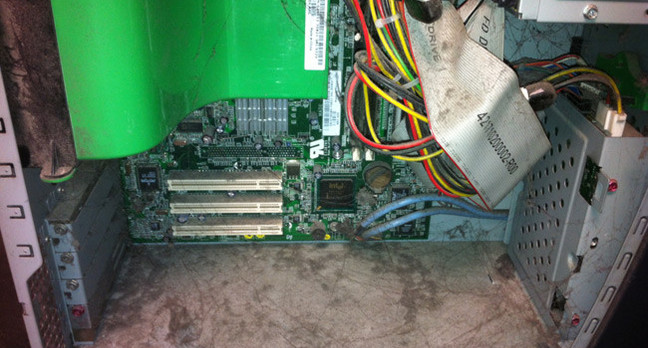
Cloud technology has come a long way in the past couple of years. It used to be a term reserved for online storage, but it has since been extended to some extremely clever uses. For example, some applications can use computing power from distant servers to perform complex calculations and processes, which means that an underpowered computer, laptop or smart device can use the same applications as a fully-featured computer workstation.
Though the technology is fairly new, it can easily be scaled up in the future to accommodate more uses. For example, you can edit, crop and correct your photos by offloading the computing to a dedicated server. The result is then sent back to your phone, and there’s minimal wait time to perform complicated image filters and corrections since it isn’t using your phone’s hardware to process it.
There will be thousands more practical uses for cloud technology in the future, but it’s a wise move to start embracing the switch to online storage and applications while it’s still young. Here are some of the most exciting uses of cloud technology that your business can take full advantage of today.
Get rid of bulky server rooms
Many companies, especially large ones, have to dedicate entire rooms and IT teams to managing data and storage servers. Not only is maintaining the technology and staff expensive, it’s extremely impractical especially if you are only operating a small business. The hardware is expensive, it can break often, the rooms need to be built with server farms in mind, and the staff that manage it have very little to do outside of fixing issues and maintaining it.
As a result, it’s a huge waste of money compared to simply registering your company for a business-grade cloud storage solution. It’s extremely easy to set up, it’s secure, the prices are easily comparable to physical hardware costs, and it’s professionally maintained with many backup solutions in the event that something fails on their end. If you’re still not convinced about the plethora of advantages a cloud storage solution can offer you, check out this review for more information.

How to build a server room: Back to basics
Simple maintenance
Unlike traditional hardware solutions, cloud software applications and storage are managed by the professional companies that host them, meaning that you receive automatic updates to the software without having to lift a finger. This saves time, money, effort and prevents the undesirable situation of failing an update that sets your company back several days due to software bugs or installation errors.
Continuity planning
Imagine this: your business suffers a natural disaster or accident that completely destroys all the computer hardware. You’re insured, so you’ll be able to cover the costs of replacements, but sadly, the most valuable thing that was lost is data.
Cloud-stored data and applications aren’t affected by these kinds of disasters. You’ll be able to continue your work as soon as you have a computer up and running, and being able to remotely access your data means that you can even move office locations without having to stall operations for a considerable amount of time.
Reduced costs
A cloud storage solution will always be cheaper than buying physical hardware, hiring a professional to manage it and maintaining it with upgrades and repairs. In addition to those costs, you also need to consider power consumption—when a powerful computer is left on constantly, those energy bills will start to add up.
But cloud storage isn’t the only money-saving bonus. Cloud applications such as bookkeeping software can be inexpensive replacements to a finance manager for small businesses. You’ll be able to easily keep track of expenses, pay employees, send invoices and even see projected statistics—all for a low monthly fee and without having to hire a new staff member.
Increased collaboration potential
Since cloud applications are hosted on an outside server, the processing isn’t done on a local computer. This means that multiple people can collaborate on a single document or project—a feature that many expensive applications such as Microsoft Office do not have. You can share spreadsheets and documents with staff members and work together to perform calculations, predictions and build content together.
If your staff members are out of town at a business meeting or working from home due to an illness or complication, then you’ll still be able to utilise web conferencing and collaborative software to work together despite the long distances. They won’t need to travel to the office and they won’t need to carry a work laptop—they can just use any PC.







One comment
Leave a reply →
Comments are closed.